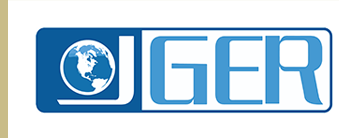Abstract
Microteaching and reflection remains an important technique that pre-service student teachers can use to practice their teaching in a safe environment. However, improvements in teaching are not guaranteed without the support and feedback from peers. Previous studies suggest that a learning community supported by information technology promotes improved pedagogical decisions. This study aimed to examine whether virtual learning communities can facilitate student teachers’ reflection upon their teaching practice. A video database with both text- and voice-comment functionalities was designed to facilitate the process of giving peer feedback and improve the quality of teaching practice. Student teachers’ experiences in using the video database were collected through a questionnaire survey and feedback recorded within the database. Findings indicated that student teachers demonstrated a better understanding of concepts and theories relevant to the teaching of the chosen language skill area. While only some student teachers reflected on their reflective teaching practice more effectively with voice-comment features, most of them did peer evaluation of relevant principles and techniques used in their microteaching. Although feedback on the comment functionalities was divided, student teachers trusted that the microteaching videos with their own reflection and peer feedback were good evidence of their learning outcomes. Future research should examine what types of peer feedback in virtual learning communities may work more effectively in enhancing the quality of reflective teaching practice.
Keywords
microteaching, initial teacher education, microteaching virtual learning community model, interactive video database
DOI
10.5038/2577-509X.5.1.1088
Recommended Citation
Pow, W., & Lai, K. (2021). Enhancing the quality of student teachers’ reflective teaching practice through building a virtual learning community. Journal of Global Education and Research, 5(1), 54-71. https://www.doi.org/10.5038/2577-509X.5.1.1088
Creative Commons License

This work is licensed under a Creative Commons Attribution-Noncommercial 4.0 License


